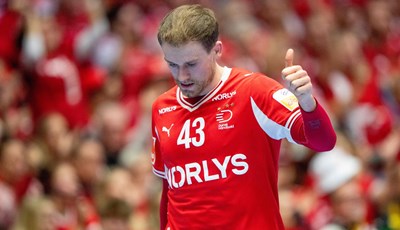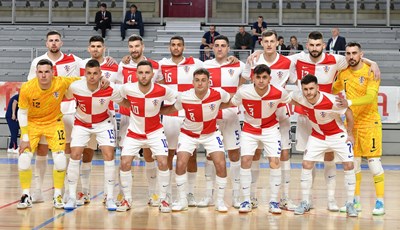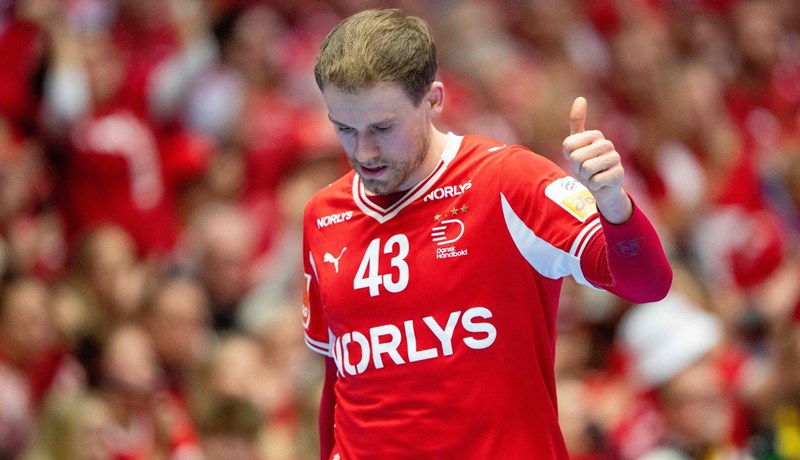Ecumenical Patriarch Bartholomew of Constantinople said this week that conversations are underway to come to an agreement.
In a move that could lead to Catholics and Orthodox celebrating the Resurrection of Jesus Christ at the same time, the spiritual leader of the world’s Eastern Orthodox Christians has confirmed his support for finding a common date to celebrate Easter.
Ecumenical Patriarch Bartholomew of Constantinople told media that conversations are underway between Church representatives to come to an agreement, Zenit reported this week.
According to an earlier report by Vatican News, the patriarch supports such a common date to be set for the year 2025, which will mark the 1,700th anniversary of the First Ecumenical Council of Nicaea.
Previously, Orthodox Archbishop Job Getcha of Telmessos also suggested that 2025 would be a good year to introduce a reform of the calendar.
1 Council and 2 Calendars
The First Council of Nicaea, held in 325, decided that Easter would be celebrated on the first Sunday after the full moon following the beginning of spring, making the earliest possible date for Easter March 22 and the latest possible April 25.
Today, Orthodox Christians use the Julian Calendar to calculate the Easter date instead of the Gregorian calendar, which was introduced in 1582 and is used by most of the world. The Julian Calendar calculates a slightly longer year and is currently 13 days behind the Gregorian Calendar.
Cardinal Kurt Koch, president of the Pontifical Council for Promoting Christian Unity, is shown in Rome on Oct. 23, 2019.
The president of the Pontifical Council for Christian Unity, Cardinal Kurt Koch, has supported the suggestion that Catholics and Orthodox work to agree on a common date to celebrate Easter.
Cardinal Koch said in 2021: “I welcome the move by Archbishop Job of Telmessos,” and “I hope that it will meet with a positive response.”
“It will not be easy to agree on a common Easter date, but it is worth working for it,” he stated.
“This wish is also very dear to Pope Francis and also to the Coptic Pope Tawadros.”
One possible obstacle to a universal agreement could be ongoing tensions between different churches. In 2018, the Russian Orthodox Church severed ties to the Ecumenical Patriarchate of Constantinople after Patriarch Bartholomew confirmed that he intended to recognize the independence of the Orthodox Church of Ukraine.
[uredio Kojot_50 - 20. studenog 2022. u 19:49]























